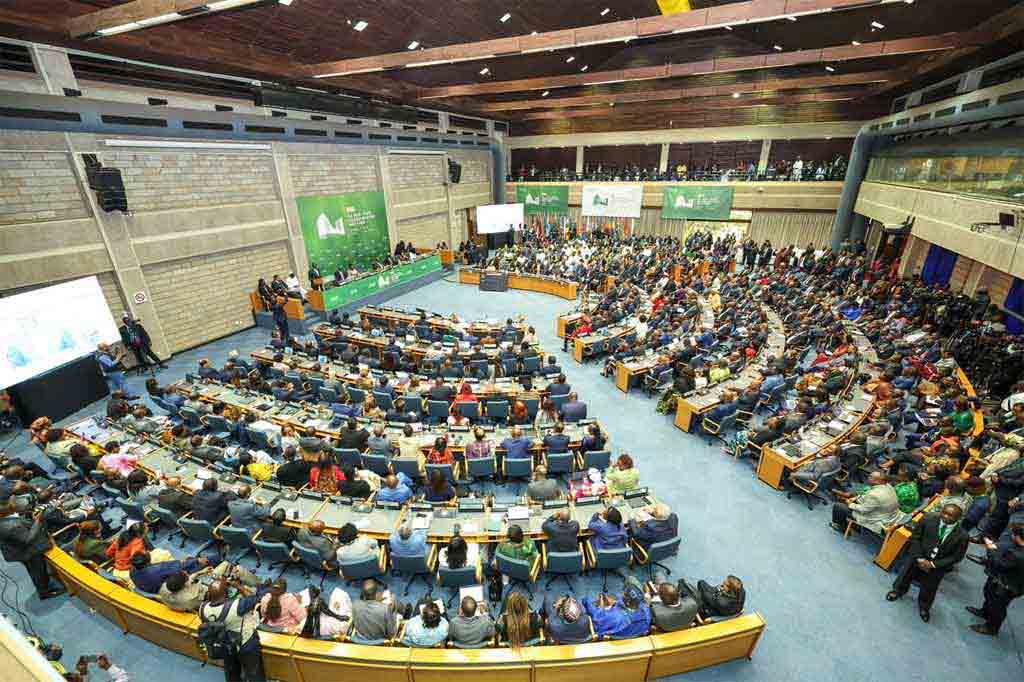The text, resulting from the fifth Coordination Meeting of the AU Commission held in Nairobi, Kenya, last Sunday, also highlighted the importance of harmonizing national and regional policies to promote socioeconomic development.
The Heads of State and Government representing the Bureau of the Assembly of the political organization, the presidents of the Regional Economic Committees (RECs), and the Regional Mechanisms (RM) welcomed the coordination efforts evident in joint actions such as the agreement to cease hostilities in Ethiopia.
The latter, under the joint auspices of the AU and the Intergovernment Authority on Development, ended the two-year conflict between the Ethiopian government and the Tigray People’s Liberation Front last November after ten days of negotiations in South Africa.
The experience inspired the two organizations in the recent adoption of the joint road map on the Sudan crisis, the statement said.
Similarly, he recognized the contribution of the African Union Development Agency-New Partnership for African Development to strengthen infrastructure, the fight against climate change and food security.
AU Commission Chairman Moussa Faki Mahamat noted that the ongoing process of division of labor between the Union, RECs, Regional Mechanisms and Member States will institutionalize coordination and make it more formal, recommended expanding its scope to include continental financial institutions.
Mahamat added to that extension think tanks and research centers, the United Nations Economic Commission for Africa, civil society and the private sector.
Despite the advances, he identified structural limitations as obstacles to the integration process, such as the financing deficit for the execution of the infrastructure program at the continental level, deterioration of the peace and security situation in Africa.
He urged member states to ratify the Protocol to the Treaty establishing the African Economic Community relating to the free movement of persons, the right of residence and the right of establishment, which needs 15 validations to enter into force.
“I reiterate my call to the current presidents of the regional economic communities that have not yet done so, to proceed with the ratification at the level of their respective regions. We urgently need to get out of this flagrant contradiction of wanting free trade and rejecting the implementation of the free movement of people and goods”.
ef/ro/nmr










